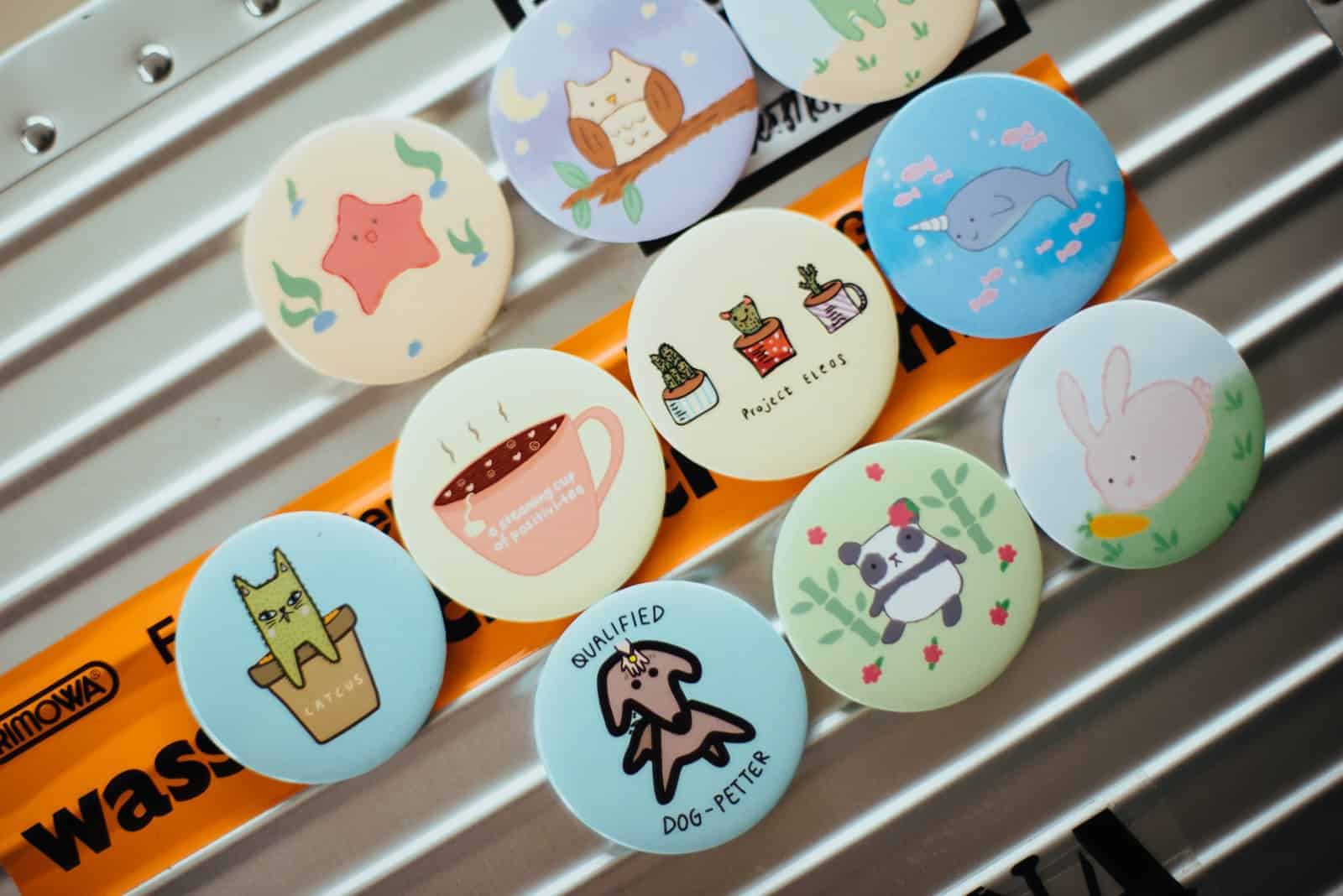
Do Meme Coins Need Regulation?
The Wall Street Journal from last Thursday published a useful piece about meme coin trading. The piece was targeted at a new token called “Will Smith slap inu” that appeared for the first time after the infamous Oscars slap. “Meme coins” are usually recycled code rebranded to capitalize on this sort of fleeting news cycle. The piece correctly identifies meme coin trading as a high-risk activity with little or no broader social benefit. So what’s the regulatory angle? The first thing to know is that “meme coins” are digital tokens that exist on blockchains. Like all other digital assets, they are subject to securities laws.
The Wall Street Journal does talk to some meme coin traders directly. Some Meme coin traders understand the risks and aim to get in and out at precisely the right times within a window sometimes as short as 30 minutes.
Second, many meme coin traders are also gamblers, and there is a strong connection between gambling and crypto-assets. Some of the most popular meme coins are those that have been created as gambling tokens, such as $DOGE. Meme coin trading often looks a lot like gambling, with people buying in on the hype and then selling when the price goes up. This can create a bubble effect, where prices go up quickly and then crash just as fast.
Meme coin trading seems likely to be implicated in similar harms. That would make cracking down on them a question of social impacts, not just individual freedoms.
There are, however, some key differences between gambling and trading meme coins. Gambling is typically regulated by governments, while crypto-assets are not. This means that there is no one regulating meme coin trading, and no one to stop people from losing money if the market crashes.
Another difference is that gambling is usually done with real money, while meme coin trading is often done with virtual currencies. This can make it harder to track and regulate, as well as make it more accessible to people who might not be able to afford to gamble with real money.
The bottom line is that meme coin trading looks a lot like gambling, and it seems likely that it would have similar social impacts.







